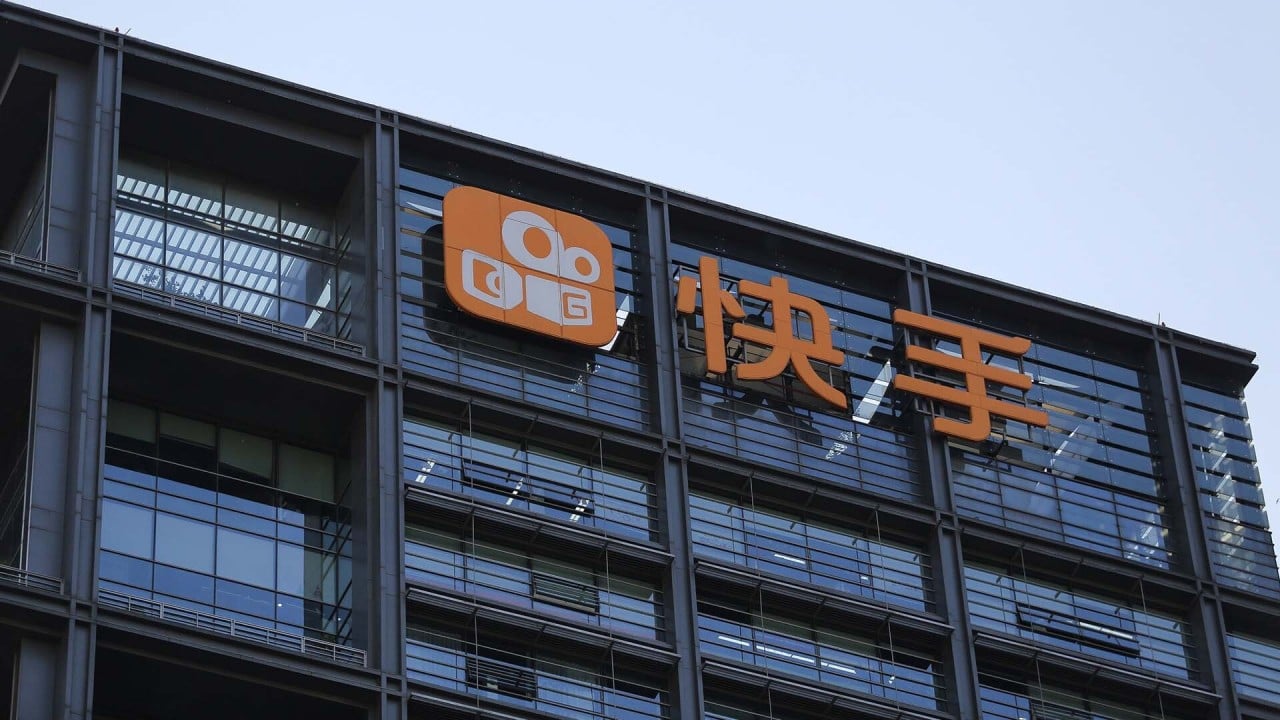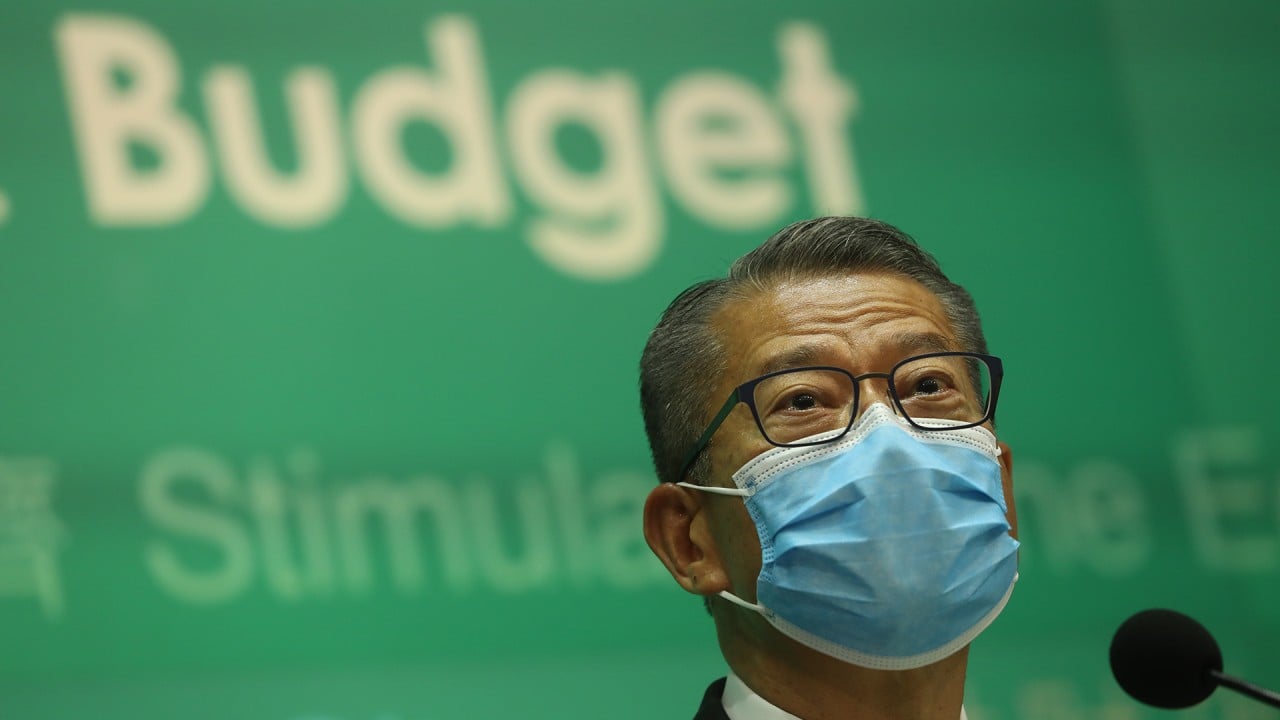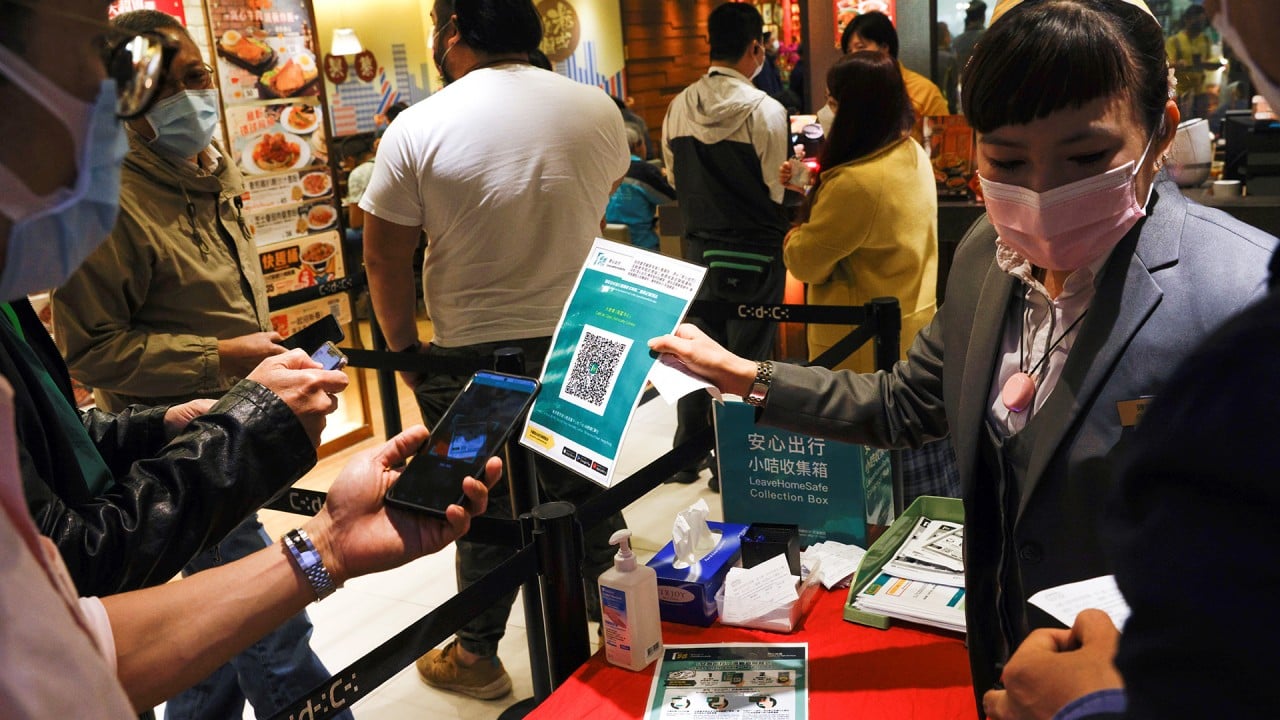
Hong Kong benchmark to expand to 100 as part of historic overhaul that reflects city’s changing role as financial hub
- The benchmark currently has 55 constituents, following the addition of three stocks after a regular quarterly review last week
- Expansion viewed as improving Hang Seng Index’s overall coverage and achieving better representation for each industry
Hang Seng Indexes, which compiles Hong Kong’s benchmark index, said on Monday that the number of constituent stocks of the Hang Seng Index will rise to 80 by mid 2022, before ultimately rising to 100.
The overhaul, the biggest in the index’s 52-year history, reflects the changes in Hong Kong’s role as a financial centre. The reforms follow the conclusion of a consultation period in January, which showed strong support for an increase in the number of constituent stocks, as this will improve the benchmark Hang Seng Index’s overall coverage and achieve a more reasonable representation for each industry.
“Over the next year, Hang Seng Indexes is likely to add more stocks from among new economy companies, health care firms and US-listed mainland Chinese technology giants that have a secondary listing in Hong Kong,” said Tom Chan Pak-lam, the chairman of industry body Institute of Securities Dealers.

02:01
What is Kuaishou? Understanding China’s video-sharing app
Following the increase in its constituent stocks to 80, the Hang Seng Index will cover 71 per cent of the total market capitalisation of Hong Kong, up from 56.6 per cent as of the end of January. It will also cover 66 per cent of market turnover, up from 50 per cent now, Hang Seng Indexes said on Monday.
“The new enhancements to the HSI will further increase its representation and make the index more balanced and diversified,” said Anita Mo, the company’s chief executive.

03:43
What Hong Kong’s 2021-22 budget means for residents of the city
In May last year, the company agreed to add companies with multiple voting rights to the benchmark, which led to the inclusion of Alibaba Group Holding, which owns this newspaper, smartphone maker Xiaomi and online food delivery firm Meituan.
Moreover, the share of the total market capitalisation of the Hong Kong stock market represented by the companies that are included in the benchmark has decreased, from 65 per cent in 2016 to 56.6 per cent as of the end of January.
The Hong Kong stock market’s total market capitalisation grew 458 per cent from HK$8.2 trillion (US$1.1 trillion) in 2005 to HK$45.6 trillion in 2020. Over this period, the proportion of mainland Chinese companies listed in the city rose from 41.6 per cent to 79 per cent, according to Hang Seng Indexes’ consultation paper.

04:41
Hong Kong eases Covid-19 curbs, tells customers to use contact-tracing app at reopened premises
The company will also proceed with a proposed cap on the weighting of stocks at 8 per cent, lower than the current limit of 10 per cent. Only two stocks – insurer AIA and Chinese social media giant Tencent Holdings – currently have a weighting of 10 per cent and face a cut. The influence that Alibaba, Xiaomi and Meituan enjoy will, on the other hand, increase, after their weighting rises to the new limit. They were included in the benchmark with a weighting of 5 per cent each.
As part of the revamp, Hang Seng Indexes will also insure that between 20 and 25 Hong Kong companies are among the constituent stocks, so as to prevent their representation from falling as more Chinese companies are added to the benchmark. The index currently has 24 Hong Kong firms and 31 Chinese companies.
The latest reforms also shorten the time required for companies to become a constituent stock. According to the overhauled rules, they will only be required to have been listed for three months – down from the current requirement of two years – before they can be added to the index.

